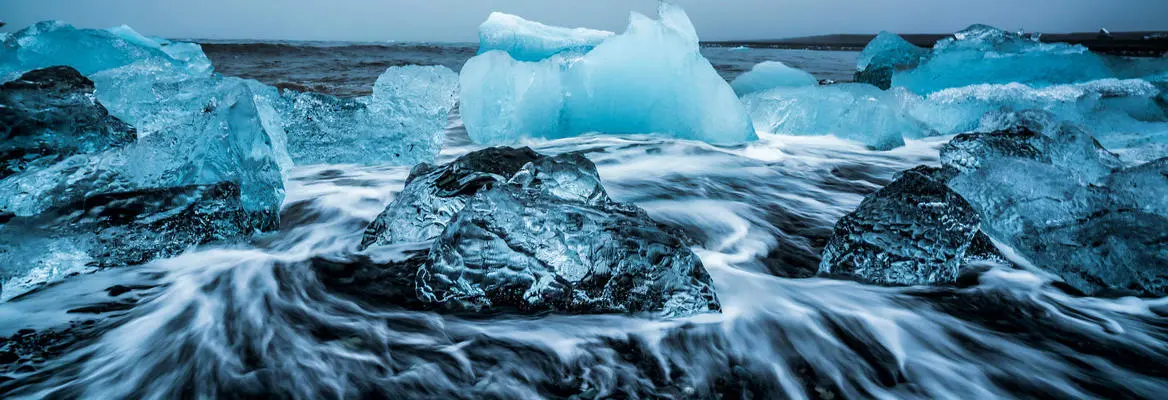The distinction between the natural and unnatural is beset with paradox. We are neither natural nor unnatural. Instead we should overcome the opposition and find a new place to be, writes Hilary Lawson
Problematic and depraved, dark and threatening, these are the characteristics traditionally associated with the unnatural. Morally offensive, even devilish, undermining what it is to be properly human. The natural in contrast has typically had the moral high ground. To behave naturally has been to act in accordance with our true instinct, to be at one with our nature.
Yet this distinction, between the natural and unnatural, so prevalent in our vocabulary, is beset by paradox. To be at one with our nature is also to be at one with our animal spirit, one might even say the bestial. And is it not there that many have claimed to find not the natural but the profoundly unnatural?
Moreover, the contemporary zeitgeist is sceptical of the moral assumptions to be found in the opposition of natural and unnatural. Acts formerly described as unnatural, homosexuality, transvestism, sadomasochism are now widely regarded as part of the diversity of human sexuality, and the claim that these are unnatural acts itself a malign prejudice. Far from holding the moral high ground those who once made such claims are castigated as blinkered bigots.
We might imagine therefore that we have escaped the simple moralisms embedded in the distinction between the natural and the unnatural. They are however very much still with us.
Yet we are at once part of the natural world, and a product of that world. How could we be unnatural?
Nature is true and good and honest. Perhaps in some sense it has even become the contemporary god. But it is also other than us: we, fallen humans, are in this sense unnatural and a threat to the purity of nature. Against the undefiled, pure natural world, humans are self-interested and destructive. Echoing the fallen sinners of a Christian theology, humankind sees itself once again as the evil stalking the land.
Yet we are at once part of the natural world, and a product of that world. How could we be unnatural? Whatever our behaviour, and however critical we might wish to be, our actions are the actions of a species that alongside others on our planet evolved through a relentless process of selection. We stand alongside them on the fragile girdle of earth and sea that forms the surface of our planet. We are surely as natural as they, and as much a part of nature as the land, hills and sky that surround us.
How are we then to make sense of this strange opposition of natural and unnatural? Is it simply a coded morality? A means to give weight to our arguments, and a vehicle to vilify those with whom we disagree? Or is there some deeper reality to which the natural and unnatural point?
Nature, when applied to a thing, object or person, usually seeks to identify the essence, and echoes its Latin origins in 'natura' or essential quality. To identify the true nature of an individual is to have uncovered their core, their essence. To claim that something or person has a true nature is at once to assume that there is an essence to things, and that we can uncover it. And it is in this assumption that the puzzles about the natural and unnatural originate.



















Join the conversation